What's Happening to Charter Schools?

The Changing Fortunes of Charter Schools
Since 1992, when charter schools were first created in California, the laws have been revised and updated many times. This year’s legislative debate over charter schools has sparked lots of emotion, with hundreds of advocates clogging the halls of the capitol to speak for and against new charter school rules.
These intense disagreements have an important political context. The future of charter schools was a big issue in the 2018 election for both the offices of Superintendent of Public Instruction and Governor.
Charter school advocates spent millions supporting candidates that lost. The candidates that won, Tony Thurmond and Gavin Newsom, were strongly supported by the teachers unions. An additional political element in the debate is the impact of the teacher strikes in Los Angeles and Oakland. Part of the unions' message drew attention to the fact that growth of charter schools adds to the financial strains facing school districts. Taken together, the election and the strikes have intensified rhetoric about charter school policy in California. Although charter schools enroll only about a tenth of students, they have grown quickly.
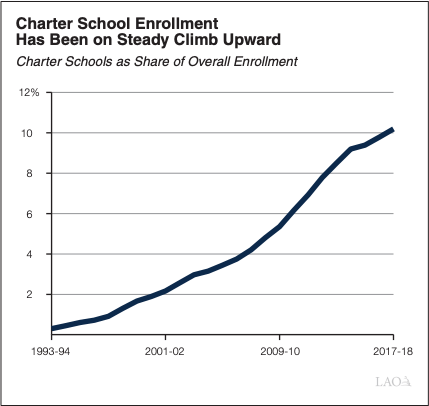
Background About Charter Schools |
|---|
Charter schools in California are tuition-free, non-religious, non-selective public schools that are governed separately from the school district. Overall, about 10% of California students attend a charter school, but this percentage varies significantly by region. Some counties have many charter schools; others have none. For background about charter schools, please read Ed100 Lesson 5.5. As discussed in the lesson, California has used charter schools to provide school choice alternatives within the framework of public schools. Many school districts have also shifted to a lottery system to provide families with some influence over assignment to schools within their district. Some other states have offered school choice through voucher programs, which use taxes to support the cost of tuition in private schools, most of them religious. California voters have consistently rejected this approach. |
New Leaders, New Policies
California’s prior Governor, Jerry Brown, resisted attempts to put restrictions on charter schools. Governor Newsom started his 2019 term with two swift actions that suggest a different perspective: he quickly signed a law to increase transparency and created a charter school task force.
Greater Charter School Transparency. SB 126 requires governing boards of charter schools, any entity that manages a charter school, and school districts to comply with similar policies related to accountability, transparency and conflicts of interest.
Charter School Task Force. The Governor requested Superintendent Thurmond to convene a group of experts to closely examine the impact of charter school growth on district budgets. This task force is expected to provide a report with recommendations to the Governor by July 1, 2019.
What Do the Experts Say? A multitude of reports have been written about charter schools and charter school policies. They come to differing conclusions about issues in the system and how to address them. The sheer volume of reports is a pretty good signal: this is an important issue with a lot of controversy.
New Laws May Change the Rules, Dramatically
In 2019 four major bills present the legislature with some policy options. These bills look at charter school caps, moratoriums, and increasing the power of local school districts to decide whether to permit a charter school. There is a clear contrast in how each side views these changes.
The Teacher Unions say: |
The Charter School Association Says: |
|---|---|
"A concerned group of lawmakers, educators, administrators, civil right organizations and classified personnel have come together to address many of the issues surrounding California charter schools by fixing the laws governing charter schools that have negatively impacted students attending neighborhood public schools. These common-sense measures will empower local communities to decide whether charter schools are the right choice for their students. Placing decision-making powers back in the hands of local communities will mean more accountability and better outcomes for all of our students." The California Teachers Association (CTA) and California Federation of Teachers (CFT) |
"Organizations hostile to charter schools are running a package of legislation that would fundamentally gut the charter schools act. These bills would create an effective moratorium on charter public schools by removing appeal rights, severely limiting new schools, and allowing school districts to close successful schools that are serving hundreds of thousands of students statewide for any reason. Charter schools are not the problem, we are part of the solution." The California Charter School Association (CCSA) |
A Closer Look at the Proposed Legislation
AB 1505: Authorization, appeal and renewal.
This bill would give local school districts significant new power to decide whether to authorize a charter school.
- It gives a school district the power to deny a charter petition if the charter school would have a negative impact on neighborhood public schools or the school district. The scope of impact can include financial and academic considerations as well as impact on facilities.
- It limits the appeal process if a charter school is denied by a school district and eliminates the power of the state to authorize charter schools.
- It requires a charter petitioner to explain why the proposed charter model cannot be accomplished within the existing school district structure.
Learn more about the arguments pro and con here.
AB 1506: Set a Cap Statewide on Charter Schools and Enrollment
This bill would cap the number of charter schools and enrollment at the levels authorized as of January 1, 2020.
- It would prohibit approving a charter if it would increase the number of operating charter schools above the number authorized by a school district, a county office of education, or the state board as of January 1, 2020, or if approval would increase the total charter school enrollment authorized by the entity above the total authorized of January 1, 2020.
- A charter petition could be approved only after a charter school closes in its jurisdiction.
- It would also prohibit authorizing a charter school to increase its enrollment above the number of pupils authorized as of January 1, 2020, unless a previously approved charter petition authorized a greater number of enrolled pupils at that charter school.
- After January 1, 2020, it would prohibit the authorization of a new nonclassroom-based charter school.
You can find the arguments pro and con here.
AB 1507 Location, Location, Location.
This would eliminate the authority of a charter school to locate outside the jurisdiction or geographic boundaries of the chartering school district. It would also authorize a charter school to establish one resource center within the jurisdiction of the school district where the charter school is physically located.
You can find the arguments pro and con here.
SB 756 Moratorium.
This bill would create a moratorium on new charter schools and direct the Legislative Analyst’s office to evaluate the effects of present charter school policies. The charter school moratorium would be enacted only if the changes to the law reflected in the bills above are not adopted.
You can find the arguments pro and con here.
What’s Next?
These bills will be debated in the Assembly and the Senate and if passed will advance to the Governor for his final decision. During that time, the Charter School Task Force will present its report. You can track the progress of each bill by clicking on the bill number above. Watch to see if the report influences the final language in the bills.
Want to learn more about charter schools? Ed100 lessons and blogs can help:
Are Charter Schools Good or Evil?>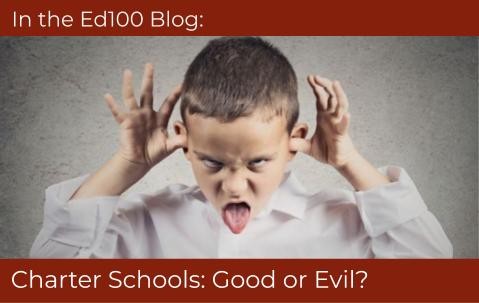

EdSource reports regularly on changes in charter school policy, including the bills mentioned above.
Tags on this post
Charter schoolsAll Tags
A-G requirements Absences Accountability Accreditation Achievement gap Administrators After school Algebra API Arts Assessment At-risk students Attendance Beacon links Bilingual education Bonds Brain Brown Act Budgets Bullying Burbank Business Career Carol Dweck Categorical funds Certification CHAMP Change Character Education Chart Charter schools Civics Class size CMOs Collective bargaining College Common core Community schools Contest Continuous Improvement Cost of education Counselors Creativity Crossword CSBA CTA Dashboard Data Dialogue District boundaries Districts Diversity Drawing DREAM Act Dyslexia EACH Early childhood Economic growth EdPrezi EdSource EdTech Effort Election English learners Equity ESSA Ethnic studies Ethnic studies Evaluation rubric Expanded Learning Facilities Fake News Federal Federal policy Funding Gifted Graduation rates Grit Health Help Wanted History Home schools Homeless students Homework Hours of opportunity Humanities Independence Day Indignation Infrastructure Initiatives International Jargon Khan Academy Kindergarten LCAP LCFF Leaderboard Leadership Learning Litigation Lobbyists Local control Local funding Local governance Lottery Magnet schools Map Math Media Mental Health Mindfulness Mindset Myth Myths NAEP National comparisons NCLB Nutrition Pandemic Parcel taxes Parent Engagement Parent Leader Guide Parents peanut butter Pedagogy Pensions personalized Philanthropy PISA Planning Policy Politics population Poverty Preschool Prezi Private schools Prize Project-based learning Prop 13 Prop 98 Property taxes PTA Purpose of education puzzle Quality Race Rating Schools Reading Recruiting teachers Reform Research Retaining teachers Rigor School board School choice School Climate School Closures Science Serrano vs Priest Sex Ed Site Map Sleep Social-emotional learning Song Special ed Spending SPSA Standards Strike STRS Student motivation Student voice Success Suicide Summer Superintendent Suspensions Talent Teacher pay Teacher shortage Teachers Technology Technology in education Template Test scores Tests Time in school Time on task Trump Undocumented Unions Universal education Vaccination Values Vaping Video Volunteering Volunteers Vote Vouchers Winners Year in ReviewSharing is caring!
Password Reset
Search all lesson and blog content here.
Login with Email
We will send your Login Link to your email
address. Click on the link and you will be
logged into Ed100. No more passwords to
remember!





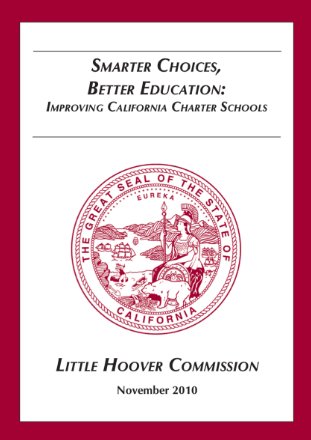
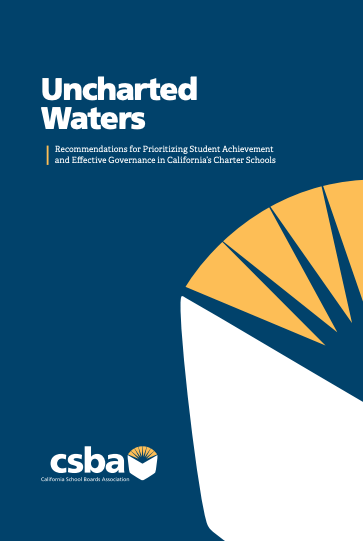
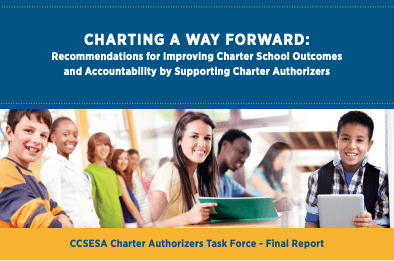
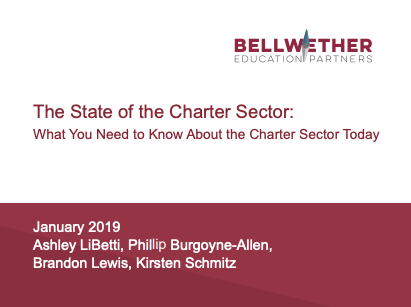
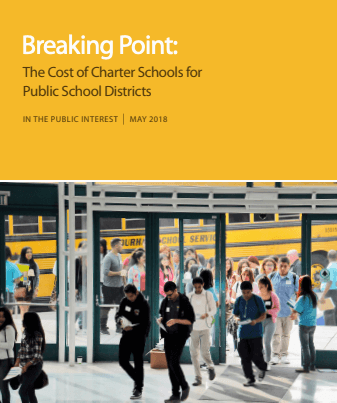









Questions & Comments
To comment or reply, please sign in .
Carol Kocivar May 28, 2019 at 10:17 am
Shamrock27 May 26, 2019 at 1:15 am
Jeff Camp May 27, 2019 at 3:11 pm